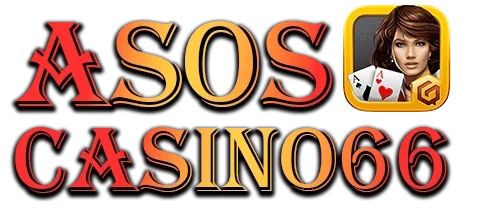Some PlayStation titles didn’t just join a genre—they reshaped it entirely. Bloodborne transformed the action-RPG with its oppressive atmosphere, precise combat, and uncompromising difficulty. It wasn’t just a game about monsters; it was an emotional journey through guilt and struggle. These mechanics and mood established a blueprint many later games would follow.
On the narrative front, Uncharted and The Last of Us brought blockbuster storytelling into gaming, blending drama, character arcs, and cinematic pacing in ways few had previously attempted. These PlayStation games set a new storytelling standard: they made video games feel as emotionally engaging as novels or films, proving that interactive media could carry seduniatoto weight alongside visuals and gameplay.
Even on PSP, genre shifts happened. Patapon merged rhythm and strategy into a seamless, joyful package. Lumines fused music and puzzle into a hypnotic dance of blocks and beats. These handheld PlayStation titles didn’t just play differently—they felt different. They challenged perceptions of what handheld games could be.
In essence, the best PlayStation games often do more than entertain—they innovate. They become names players associate with change, creativity, and genre evolution. That’s how some games don’t only define PlayStation—they define gaming.
